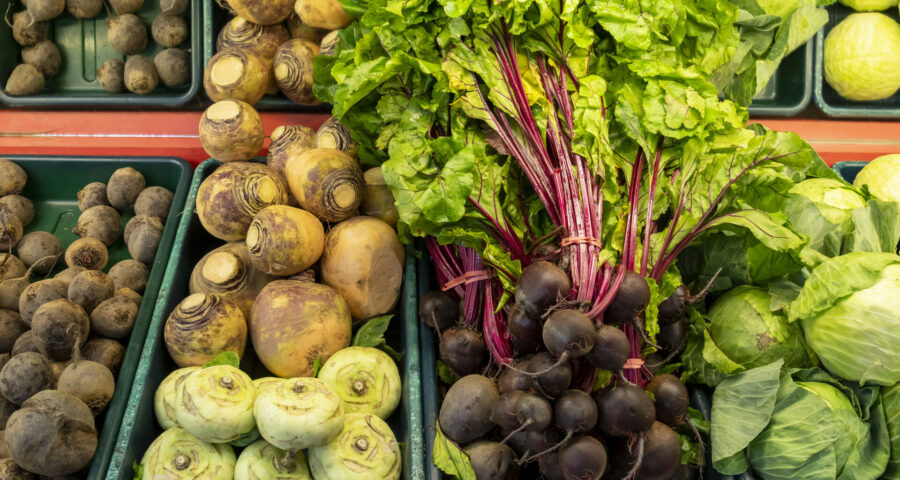New data released by the Office of Health Improvements and Disparities (OHID) this week has revealed that the percentage of adults meeting the Government’s ‘5 a day’ recommendations has declined for the third year in a row.
Only 31% of adults (16+) ate five portions of fruit and veg a day in 2022/23, down from 35% in 2020/21. Inequalities in fruit and veg consumption have also continued to widen, with only 20% of adults in the most deprived groups eating ‘5 a day’ compared to 37% in the least deprived areas.
This data comes as new analysis from the Food Foundation reveals that the cost of veg in their Basic Basket tracker has increased by 39% over the last two years. The rising cost of food disproportionately impacts individuals living on low incomes, who would need to spend up to 52% of their weekly food budget to eat their ‘5-a day’. Consequently, the Food Foundation reported earlier this year that 60% of households experiencing food insecurity are buying less fruit, and 44% are buying less veg.
That’s why we are calling on the Government to take bold action to improve the access and affordability of fruit and veg for households on low incomes. Our work has shown that financial incentives such as Rose Vouchers have the potential to improve fruit and veg intakes of adults and children by an average of three portions a day, reduce costs to the NHS and support a healthy local food economy.
Jonathan Pauling, our CEO had this to say:
We know that fruit and veg are the cornerstone of a healthy diet. But we hear time and again from families on our Rose Voucher projects who, despite wanting to, simply cannot afford to put more fruit and veg on the table. These latest figures from OHID are a stark reminder that the cost-of-living crisis continues to make it increasingly difficult for households on low incomes to afford the nutritious food they need and deserve. We urge the Government to take bold action to ensure that healthy foods like fruit and veg are affordable and accessible for all. A positive first step would be to pilot financial incentives such as Rose Vouchers for Fruit and Veg to families on low income.

